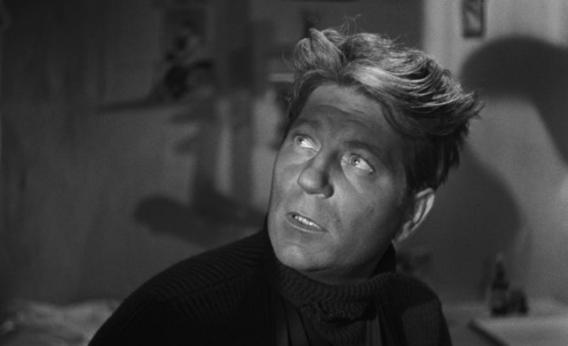
As we discuss what makes a film spiritually significant, the concepts of truth and beauty are often at the center of our conversations. Jean Renoir’s Grand Illusion is not just a film that presents truth and beauty; it is about truth and beauty. The film appears to argue that truth is absolute but so complex that it expresses itself paradoxically as it interacts with beauty. In the midst of the ugliness of WWI, the story is about beauty as reflected through all forms of human relationships. The characters are all confronted with the reality that part of truth’s complexity is that is impossible to recognize truth outside of relationships, which are themselves complicated.
French prison inmates relate with the German commandant with intimidation and respect for the harm he can cause them. But underneath that is a genuine reverence for him as a person. Maybe it is because of his position; maybe it is because they know he is part of the same mess they are, even though they are enemies. But I think they simply respect him simply because he is human. Grand Illusion is in many ways the perfect anti-war film because of its genuine respect for life and humanity, recognizing war as a dehumanizing instrument that threatens to rid the world of truth and beauty.
In a special feature on the Criterion edition of the DVD, Renoir (who fought in WWI) called the Great War a time when right and wrong were very difficult to distinguish. There were no Nazis to make evil obvious. There were moments of beauty between moments of ugliness, like the Christmas Eve ceasefire. A long scene in the film, also set during a Christmas celebration, depicts one such moment of beauty that Renoir based on the memoirs of a friend he fought alongside. The widow of a German soldier welcomes two French escapees of the prison camp into her home with her young daughter for the holiday. The warmth and respite she provides them through her sacrifice reminds them that truth and beauty are not extinguished by the evils of war.
– Ed Bertram
Arts & Faith Lists:
2020 Top 100 — #64